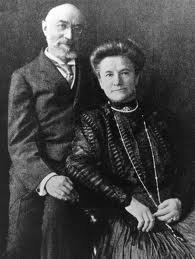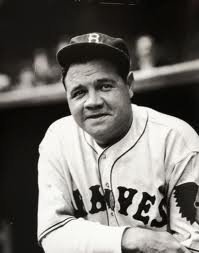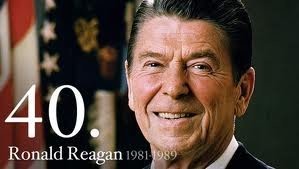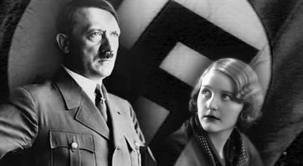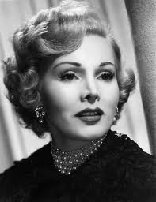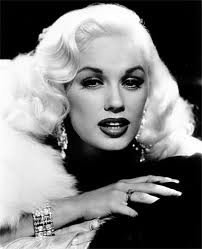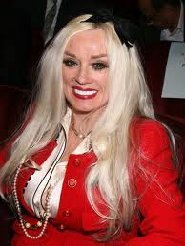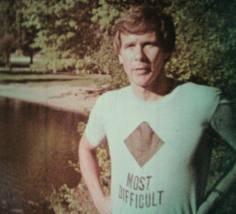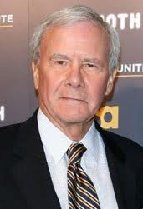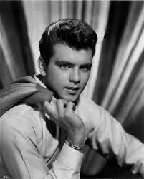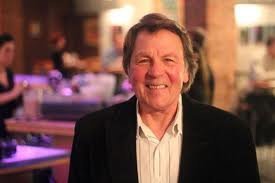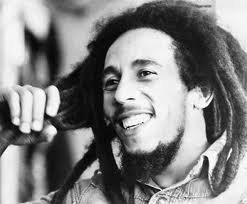Andrew Jackson Jr (March 15, 1767 – June 8, 1845) was an American lawyer, planter, general, and statesman who served as the seventh president of the United States from 1829 to 1837. Before his presidency, he gained fame as a general in the U.S. Army and served in both houses of the U.S. Congress. Often praised as an advocate for ordinary Americans and for his work in preserving the union of states, Jackson has also been criticized for his racial policies, particularly his treatment of Native Americans.
Jackson was born in the colonial Carolinas before the American Revolutionary War. He became a frontier lawyer and married Rachel Donelson Robards. He briefly served in the U.S. House of Representatives and the U.S. Senate, representing Tennessee. After resigning, he served as a justice on the Tennessee Superior Court from 1798 until 1804. Jackson purchased a property later known as the Hermitage, becoming a wealthy planter who owned hundreds of African American slaves during his lifetime. In 1801, he was appointed colonel of the Tennessee militia and was elected its commander. He led troops during the Creek War of 1813–1814, winning the Battle of Horseshoe Bend and negotiating the Treaty of Fort Jackson that required the indigenous Creek population to surrender vast tracts of present-day Alabama and Georgia. In the concurrent war against the British, Jackson's victory at the Battle of New Orleans in 1815 made him a national hero. He later commanded U.S. forces in the First Seminole War, which led to the annexation of Florida from Spain. Jackson briefly served as Florida's first territorial governor before returning to the Senate. He ran for president in 1824. He won a plurality of the popular and electoral vote, but no candidate won the electoral majority. With the help of Henry Clay, the House of Representatives elected John Quincy Adams in a contingent election. Jackson's supporters alleged that there was a "corrupt bargain" between Adams and Clay and began creating their own political organization that would eventually become the Democratic Party.
Jackson ran again in 1828, defeating Adams in a landslide. In 1830, he signed the Indian Removal Act. This act, which has been described as ethnic cleansing, displaced tens of thousands of Native Americans from their ancestral homelands east of the Mississippi and resulted in thousands of deaths. Jackson faced a challenge to the integrity of the federal union when South Carolina threatened to nullify a high protective tariff set by the federal government. He threatened the use of military force to enforce the tariff, but the crisis was defused when it was amended. In 1832, he vetoed a bill by Congress to reauthorize the Second Bank of the United States, arguing that it was a corrupt institution. After a lengthy struggle, the Bank was dismantled. In 1835, Jackson became the only president to pay off the national debt. He survived the first assassination attempt on a sitting president. In one of his final presidential acts, he recognized the Republic of Texas.
After leaving office, Jackson supported the presidencies of Martin Van Buren and James K. Polk, as well as the annexation of Texas. Jackson's legacy remains controversial, and opinions are frequently polarized. Supporters characterize him as a defender of democracy and the Constitution, while critics point to his reputation as a demagogue who ignored the law when it suited him. Jackson's presidency has consistently been ranked as above average, although his reputation has declined since the late 20th century.
Revolutionary War
Jackson and his older brothers, Hugh and Robert, served on the Patriot side against British forces during the American Revolutionary War. Hugh served under Colonel William Richardson Davie, dying from heat exhaustion after the Battle of Stono Ferry in June 1779. After anti-British sentiment intensified in the Southern Colonies following the Battle of Waxhaws in May 1780, Elizabeth encouraged Andrew and Robert to participate in militia drills. They served as couriers, and were present at the Battle of Hanging Rock in August 1780.
If you want to read a whole lot more, go here: https://en.wikipedia.org/wiki/Andrew_Jackson
- SERVES
- 4
- COOK TIME
- 4 Hr
It's never been easier to cook up some dinnertime magic! All you have to do is make this Chicken Ranch Casserole. Made with family-favorite potato tots, lots of cheese, bacon, ranch mix, and chicken, this casserole has it all. Plus, it's made in your slow cooker, so there's hardly any work involved!
Whether you've been on the hunt for slow cooker easy chicken casserole recipes or simply want a simple and satisfying meal for the family tonight, this chicken casserole will do the job. You won't believe how easy it is to assemble. The only hard part is waiting for it to finish cooking before digging in. But, wow, is it worth the wait!
- 1 (32-ounce) package frozen potato tots
- 1 1/2 cup grated cheddar cheese
- 1 1/2 cup grated Monterey Pepper Jack cheese
- 1 (2.8-ounce) package real bacon pieces
- 1 (1-ounce) package ranch dressing mix
- 1/4 teaspoon salt
- 1/4 teaspoon black pepper
- 4 boneless, skinless chicken breasts
- 3/4 cup milk
Chicken (Bacon) Ranch Casserole Recipe
- Coat the bottom of a 6-quart slow cooker with cooking spray. Place half the potato tots on bottom.
And births this date include....
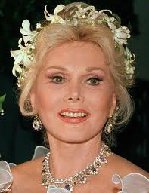
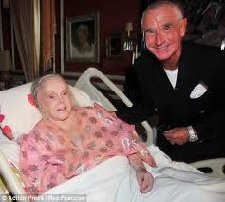
1943 – Fabian Forte, American singer
Each year on National Chopsticks Day, people worldwide celebrate the humble and ancient utensils on February 6th.
Around 1200 B.C., Chinese cooks began using chopsticks to prepare food. These tools were likely long enough to reach into hot cooking pots. Then about 400 B.C., when fuels for cooking became scarce, food was prepared in smaller pieces reducing the number of resources needed to cook it. At the same time, the need for sharp eating utensils faded, and shorter chopsticks entered the scene.
Once these handy eating tools found their way to the dinner table, they spread around the world. Portable and elegant in their design, they also vary in style from region to region.
Today chopsticks may be made from wood such as bamboo or aspen. Elaborately carved chopsticks may be cut from jade, ivory, or wood, and artisans may ornately paint some chopsticks with miniature scenes.
HOW TO OBSERVE
Use chopsticks to eat your meals. Practice using chopsticks or teach someone how to use them. Share your favorite set of chopsticks or your favorite meal to eat with chopsticks. Visit your favorite restaurant where chopsticks are provided. Make sure you give them a shout out, too! Of course, you should invite someone to celebrate with you, also! Maybe ask them to join you in a chopstick competition to see who is the most proficient using them.








